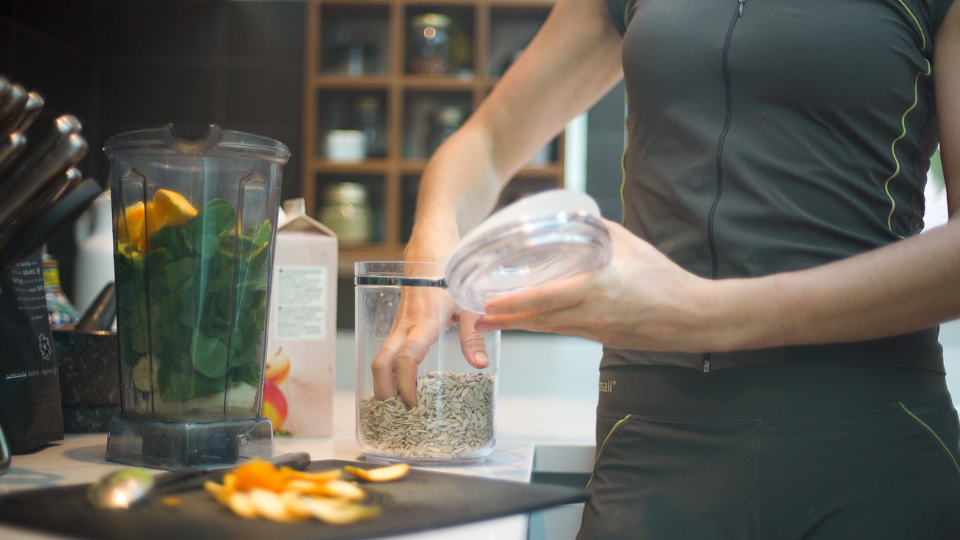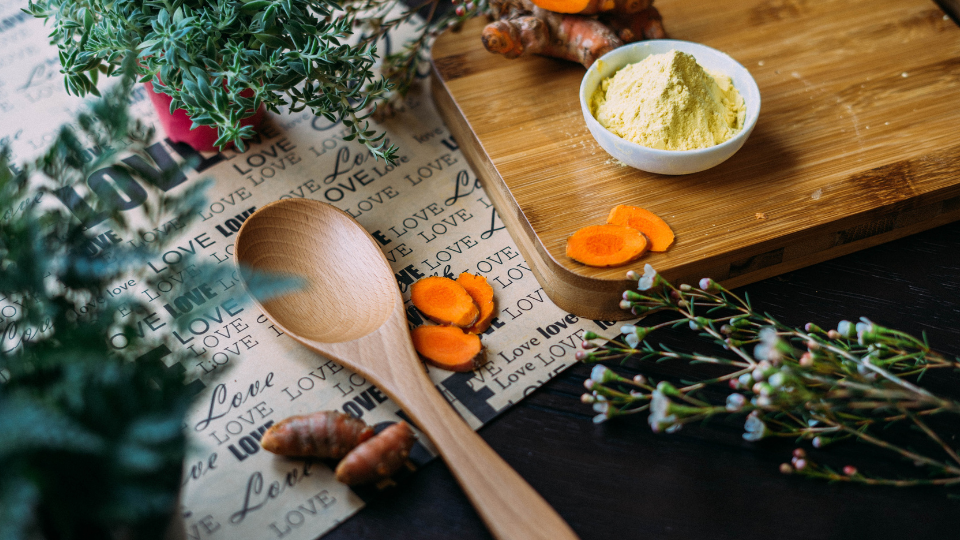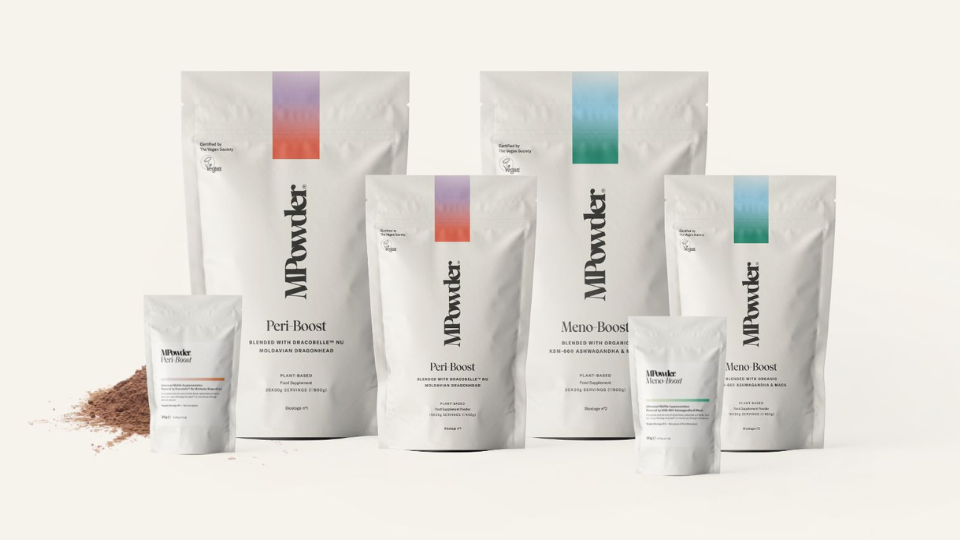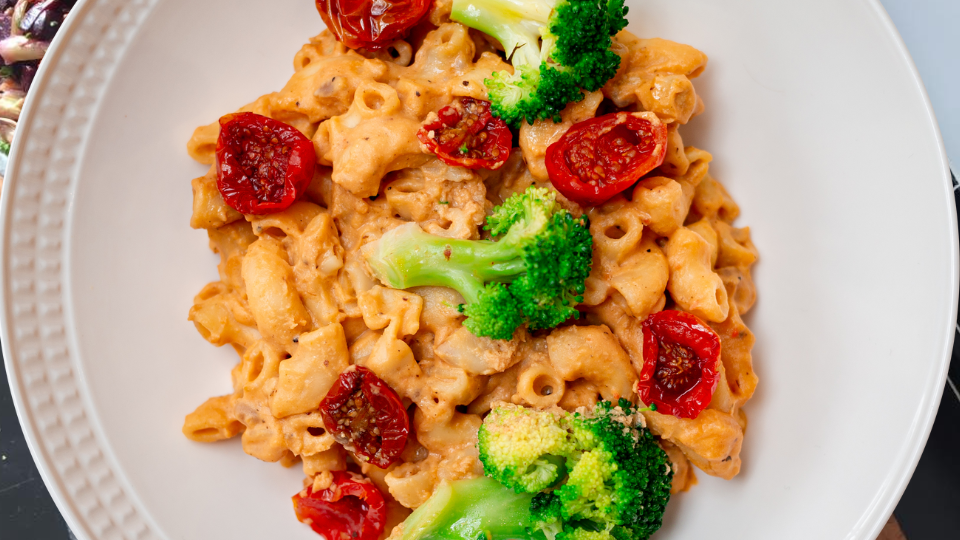
Inflammation is receiving a lot of attention in both the medical press and mainstream media right now. And with good reason. Rebekah Brown from MPowder shares why we need to rethink our plates in midlife!
As we learn more about what good health ‘looks like’ biochemically, we’re learning too about the common conditions that appear to make our bodies more vulnerable to disease.
Inflammation comes in two distinct forms.

When our body is working optimally, it’s an acute and very clever time-limited response designed to help us heal. However, when signals become confused, we may trip into chronic inflammation. This is when our immune system is overstimulated all the time.
Although further research is required to understand the full implications, it is now believed that this can influence our risk of many chronic diseases as well as contributing to insulin resistance, weight gain and increased psychological stress.
In menopause, our bodies can become more susceptible to chronic inflammation. Progesterone, a natural anti-inflammatory hormone, decreases. Oestrogen is known to have anti-inflammatory properties too.
As our sex hormones decline, our risk of inflammation increases. External stressors, so common in midlife, influence our body’s resilience. These factors, along with common symptoms of menopause such as poor sleep and low mood – are both triggers for and exacerbated by chronic inflammation.
Read more about yoga for stress and anxiety in this complete guide
So, how can wholefoods help?

Researchers believe that ultra-processed foods (UPFs) are playing an increasingly significant role in creating an ‘inflammation nation’. It’s not just what is ‘in’ these foods – the sugar, the salt, the saturated fats – but what we miss when we eat them….fibre, protein, healthy fats.
The solution? A wholefood-led diet, rich in all the qualities UPFs lack – as well as a greater emphasis on anti-inflammatory heroes!
Here are a few principles to get you started:
Love the Leaves

Prioritise Purple

The Humble Tomato
Good Fat is Good

Nibble on Nuts

Permission to Caffeinate!

Read more in Yoga for Stress and Anxiety: A Complete Guide
MPowder is a vibrant, award-winning menopause co-creation community with supplements loved by thousands of women. Based on science and formulated by their naturopathic, herbalist and lifestyle medicine team, their blends are tested for efficacy via continuous tracking within their community. MPowder’s formulas contain a complex blend of whole foods, herbs, botanicals, vitamins and minerals to support the body and mind from peri-menopause to menopause and beyond. MPowder also offers an inclusive space where individuals can evaluate interventions, expert insight, personal stories, emerging research to select their own route and access to their in-house health concierge team for expert one-on-one support, whenever they need.








Interesting and well written article. It’s useful to think of inflammation as very similar to stress: a totally natural and beneficial mechanism short-term but debilitating and dangerous long-term.
Thank you for reading Patrizia! Yes you are right, necessary in the right moments but not when it is something chronic.